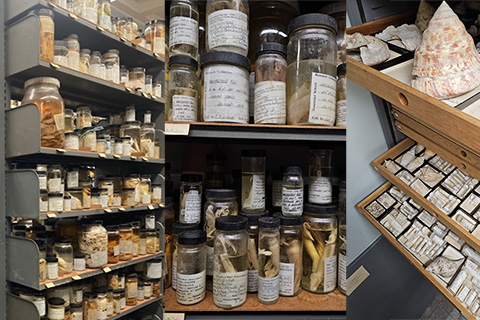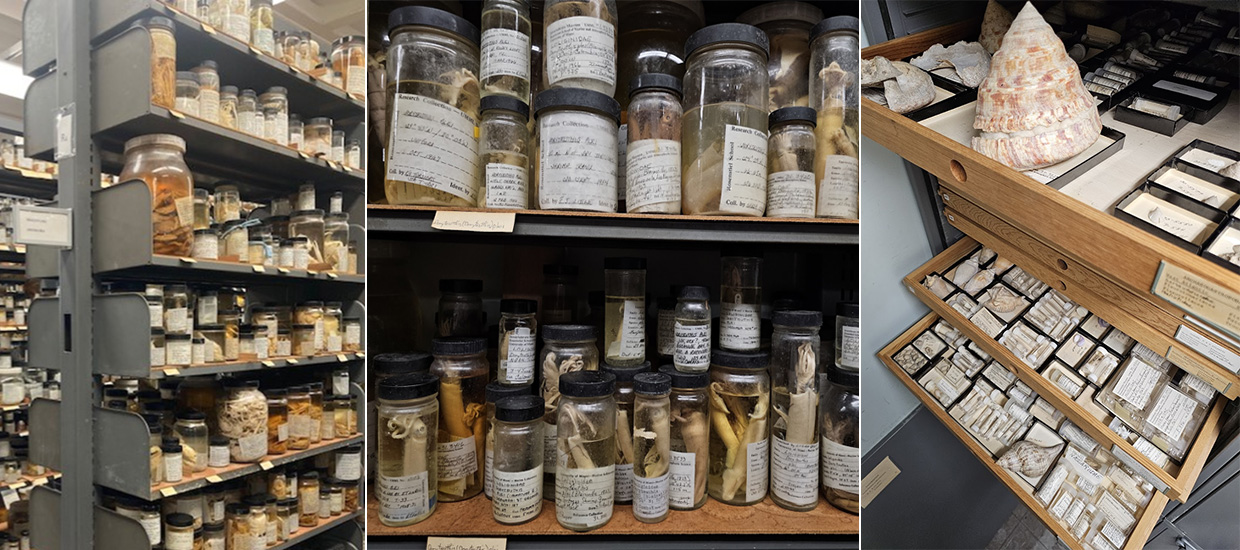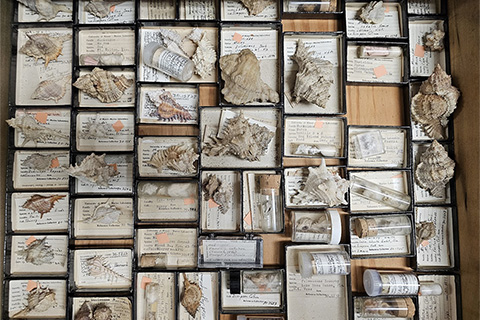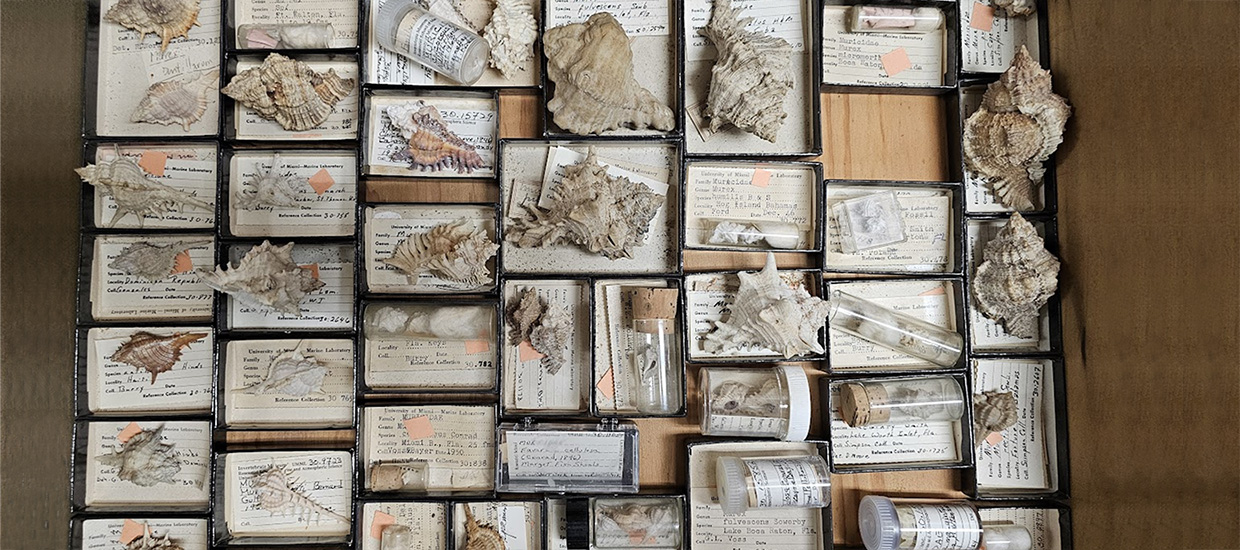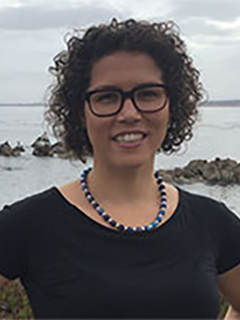The mission of the Marine Invertebrate Biology & Evolution MPS Track is to give students experience in molecular techniques, phylogenetics, taxonomy, museum/collection science, and digitization. Taking advantage of the rich marine biota atthe Voss Marine Invertebrate Collection housed at the Rosenstiel School, students will be introduced to the principles of systematics and biodiversity with emphasis on homology and convergence, diversity and complexity, presented in a phylogenetic and ecological context through the study of form and function of living and preserved specimens.
The goals of this program are to train a new generation of evolutionary biologists that are skilled in contemporary techniques such as genomics while also learning classical techniques such as taxonomy and physical collection maintenance.
Prerequisites:
Bachelor’s degree in any field
Course topics:
Data management, museum collection, genomics, digitization
Job titles:
- Curator
- Curatorial Assistant
- Digitization Technician
- Research Associate



